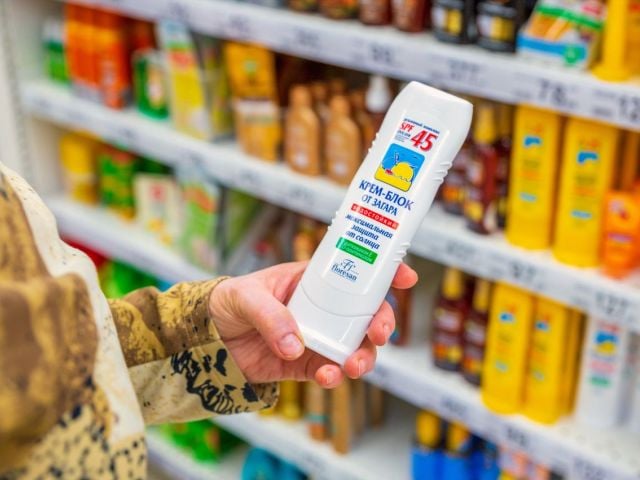Washington, D.C. – A U.S. Department of Agriculture recommendation to deregulate new varieties of genetically engineered corn and soybean seeds would bring a chemical manufacturer one step closer to selling a new toxic weed killer that would threaten human health and the environment.
“We are truly disappointed in the USDA for failing to stop the chemical treadmill that is harming the health of children, farmers and the environment,” said Mary Ellen Kustin, a senior policy analyst with EWG. “We urge the government to put the brakes on allowing more herbicide-tolerant crops and toxic herbicides to hit the market.”
Today, the USDA’s Animal and Plant Health Inspection Service recommended that the agency deregulate Dow AgroSciences’ 2,4-D- and glyphosate-tolerant corn and soybean seeds.
Dow is seeking approval to sell these seeds to be used in tandem with the company’s new herbicide, Enlist Duo, a mix of 2,4-D and glyphosate. In a separate regulatory proceeding, Dow asked the U.S. Environmental Protection Agency to approve Enlist Duo.
The company is seeking to sell the new seeds and herbicide combo to farmers beset with hardy weeds that have evolved to tolerate glyphosate, the active ingredient in Monsanto’s popular weed killer Roundup. In a press release issued earlier this year, it claimed that Enlist Duo would “control and help prevent further development of herbicide-resistant weeds.”
EWG opposes the marketing of this product on grounds that human exposure to 2,4-D has been linked to non-Hodgkin’s lymphoma, Parkinson’s disease and thyroid problems. As well, EWG contends that it could spur the evolution of new types of “superweeds” resistant to 2,4-D as well as glyphosate.
If EPA approves Enlist Duo, nationwide use of 2,4-D could more than triple by 2020, according to USDA, exposing communities near 2,4-D-resistant-crops to eight times as much of the chemical as today. EWG research shows that more than 5600 schools within 200 feet of farm fields would be blanketed by 2,4-D. As a result, hundreds of thousands of children would be exposed to more intense concentrations of the toxic defoliant than is the case today.
EWG’s analysis of EPA’s risk assessment of 2,4-D concluded that the agency failed to comply with a provision of the federal Food Quality Protection Act that requires an added margin of safety for substances known to be harmful to children. In June, EWG pointed out this major omission and other significant flaws in its assessment.
Some 35 prominent doctors and scientists have urged EPA to not to approve Dow’s Enlist Duo. In all, people submitted than a half a million comments to the EPA opposing the sale of this toxic combination.



